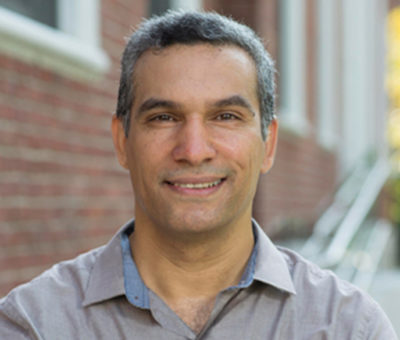SUMMARY Iraq’s Development Road project aims to create an Iraqi transborder transportation network connecting the Persian Gulf with Türkiye. This network would enhance Iraq’s geopolitical status as a trade corridor and provide financial returns, reducing the state’s reliance on hydrocarbons. However, the project faces obstacles, including challenges of financing and implemen
Read MoreThere is a big debate among economists, why are the resource-rich economies growing slower than resource-poor economies? Which is making this puzzle more difficult, there are two groups of resources-rich abundance countries one group grow more than other ones. For instance, the Arabic Gulf, Nigeria, and Venezuela are growing slower than Botswanan, Norway, and Australia, but bo
Read MoreThe public sector in Iraq accounts for the majority of employment in the oil-rich country. Plummeting oil prices and the COVID-19 pandemic have resulted in economic crisis and an ever increasing budget deficit. Where there is crisis however, there is opportunity: will 2021 bring a much needed reform of the public sector in Iraq? When the Iraq anti-government protests erupted
Read MoreForward This research work was supported by the German Agency for International Cooperation GIZ (Deutsche Gesellschaft für Internationale Zusammenarbeit GmbH) and implemented in cooperation with the Iraqi Economists Network. The activity is part of the GIZ project Private Sector Development (PSD) which is being implanted in Iraq since 2018. The objective of this particular
Read MoreEconomists who studied the reasons for the low per capita growth of GDP in developing countries that rely on revenues from abundant natural resources, (called ‘resource curse’), found it was actually caused not by high exchange rates, but by wrongly conceived economic policies over a long period of time. We will visit this point again at the end of the paper. Meanwhile, and unt
Read More





